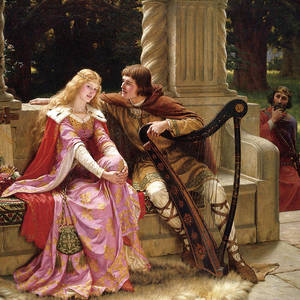"...which I think demonstrates with irrefutable logic that he was just one bad apple in an otherwise excellent police force." 

"She should have asked him for his warrant card. That way, if he'd been an impostor, she would have known not to trust him." 

"I would merely have summoned a passing carriage or barouche, or even a common hackney, and thereby evaded his pursuit." 

"Hilarious guy. We called him The Rapist. Just for bantz, obviously. I mean - who could have known?" 

• • •
Missing some Tweet in this thread? You can try to
force a refresh









